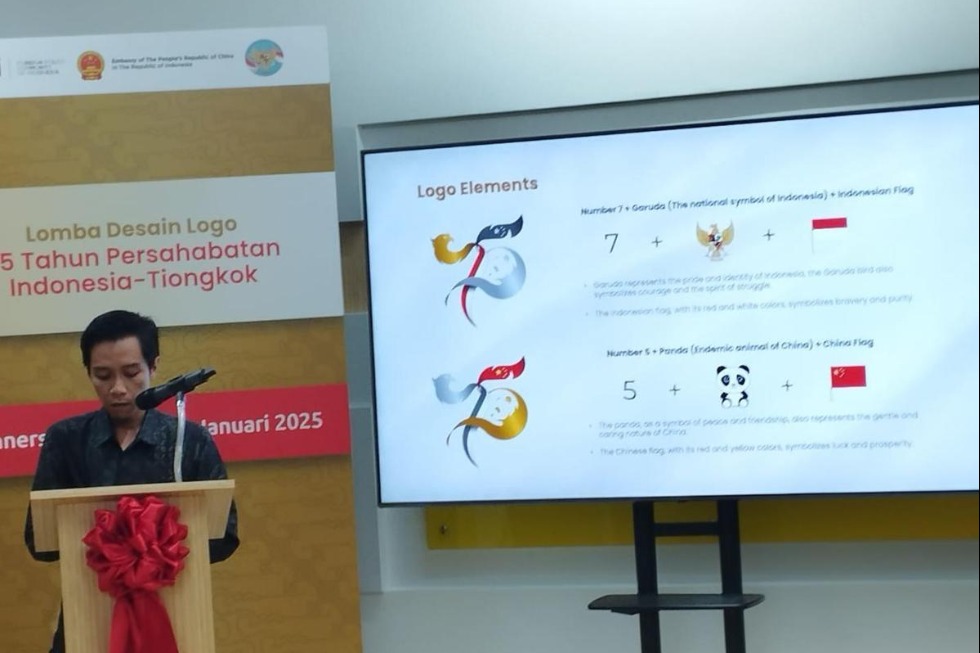Britain and US clash over digital sales tax

The United States has threatened the United Kingdom with retaliatory tariffs on car companies if the British government forges ahead with plans for its digital sales tax on US tech giants.
During a panel discussion at the World Economic Forum in Davos on Wednesday, Steven Mnuchin, the US treasury secretary, said he hoped to hold private talks with UK counterpart Sajid Javid and the British Prime Minister Boris Johnson about the proposed tax, which is due to be introduced for the start of the new tax year this April.
Mnuchin described the digital tax, which would apply to companies such as Facebook, Apple, Google, Amazon and Netflix, as "discriminatory in nature", adding: "If people want to just arbitrarily put taxes on our digital companies, we will consider putting taxes arbitrarily on their car companies."
In response, Javid told the audience at Davos that the British government intends to press ahead with the tax as a temporary measure until an international deal is agreed.
The British chancellor said countries around the world need to work together and agree a plan for a fairer tax system. Javid said: "We plan to go ahead with our digital services tax. It is a proportionate tax, it is deliberately designed as a temporary tax-it will fall away once there is an international solution.
"This does require an international solution that we agree on-that is why all the big economies…are part of this discussion," he said. "This could be the year of change," he added. "This could be the year of agreement."
The exchange comes at a critical time in the UK-US relationship, as the two sides prepare to enter formal trade talks, scheduled for next month.
In their election-winning manifesto last year, the Conservatives promised to introduce a digital services tax that would see digital companies with global sales exceeding 500 million pounds ($655 million) and at least 25 million pounds worth of UK sales pay a tax of 2 percent on those UK sales.
The tax is predicted to raise between 400 to 500 million pounds annually. Its terms are less harsh than the tax the French had proposed-which was at a rate of 3 percent.
The UK stance contrasts with that of France, as French President Emmanuel Macron agreed earlier this week to delay the imposition of digital taxes on US tech giants that it had announced last year.
Macron did so in response to threats from US President Donald Trump to slap tariffs of up to 100 percent on $2.4 billion worth of French imports such as champagne, handbags and cheese. The US president has, in return, promised to defer the imposition of such retaliatory tariffs.
The agreement removes the threat in the short term, of a full-blown trade war between the US and the EU. Brussels had promised to support France if it was hit with tariffs.

































